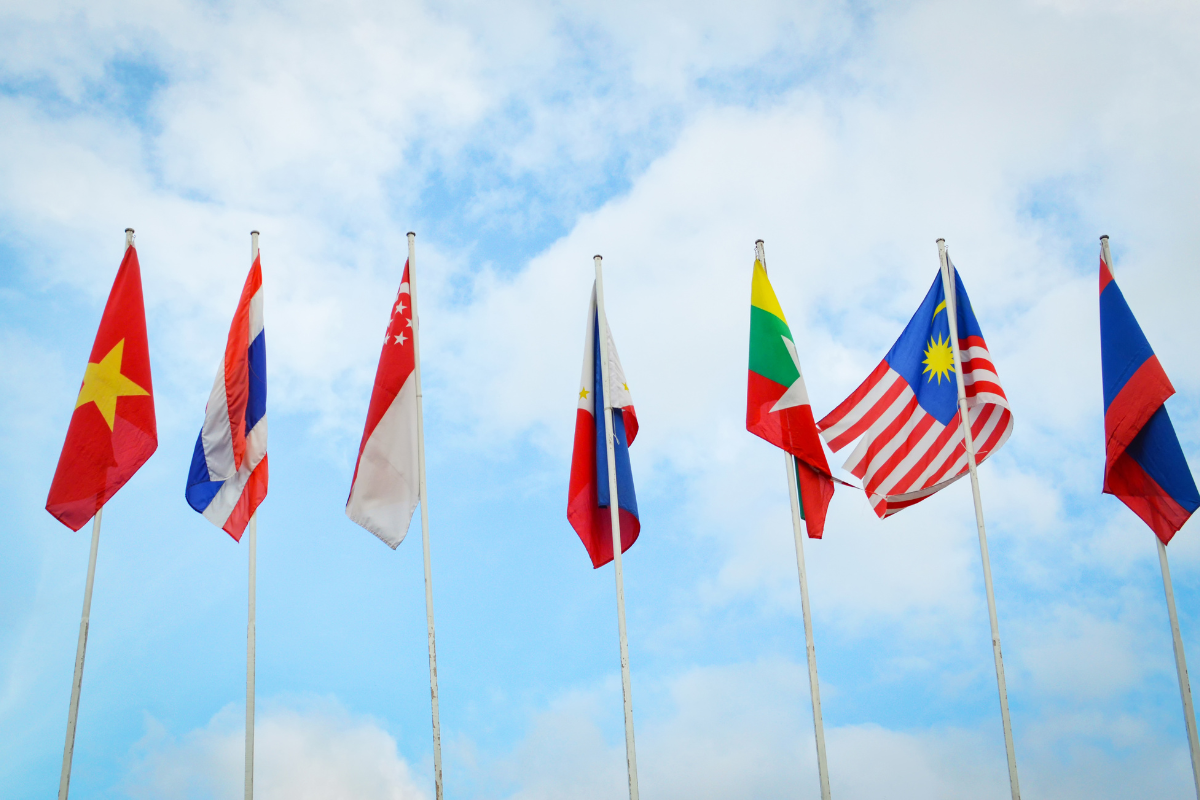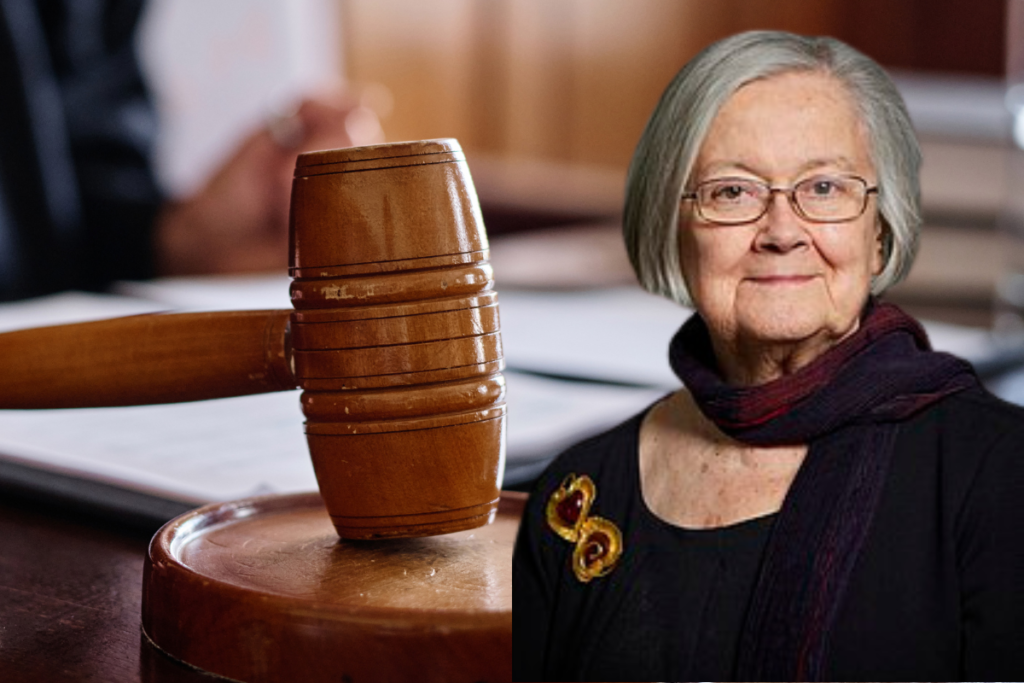As Southeast Asia ushers in 2025, the region stands at a crossroads, grappling with persistent challenges to human rights and democracy. Recent elections in Indonesia and Thailand show the resilience and fragility of democracy in this diverse area.
In 2024, Indonesia held its general election. It led to a peaceful transfer of power. This reaffirmed the nation’s commitment to democracy.
The divisive identity politics that marred the 2014 and 2019 elections were less prominent. This shift was due to the active participation of youth, who made up over 56% of the electorate. Their digital skills and distrust of false info drove this change.
However, the election also highlighted vulnerabilities, particularly the pervasive influence of disinformation. AI tools have spread deep fakes and propaganda in Indonesia. They exploited the country’s high social media use and weak electoral processes.
In contrast, Thailand’s recent elections showed the fight for democracy under a powerful military. A public desire for reform exists. But, constitutional limits stifled progress. They exposed barriers that hindered democracy.
These elections show a truth: democracy in Southeast Asia is fragile but endures. We must reform to protect democracy. We face three challenges: digital manipulation, old authoritarian legacies, and barriers to participation.
Beyond electoral politics, the region has witnessed concerning human rights developments. A Cambodian court fined opposition politician Teav Vannol $1.5 million for defamation after he criticized the country’s democracy. This intensified concerns about political freedom.
Also, the arrest of journalist Mech Dara has sparked fears of government repression. He exposed cyber scam compounds and human trafficking networks.
In Malaysia, the arrest and deportation of Cambodian maid Nuon Toeun for her social media posts criticizing Cambodia’s leaders highlight fears about a crackdown on dissent in Southeast Asia.
Despite these challenges, there have been progressive strides. Thailand has become the first Southeast Asian country to legalize same-sex marriage. This reflects decades of LGBTQ+ activism and makes it a regional leader in LGBTQ+ rights.
ASEAN has faced criticism for its poor response to regional human rights crises. Human Rights Watch described ASEAN’s efforts as “woefully inadequate and impotent,” particularly in addressing atrocities in member states.
In 2025, Southeast Asia will face complex challenges. A key issue is the balance between human rights and democracy. The region’s future depends on governments, civil society, and regional groups.
They must strengthen institutions, end exclusionary practices, and improve digital and media literacy. We must commit to democracy and human rights. This will ensure lasting, inclusive progress.



